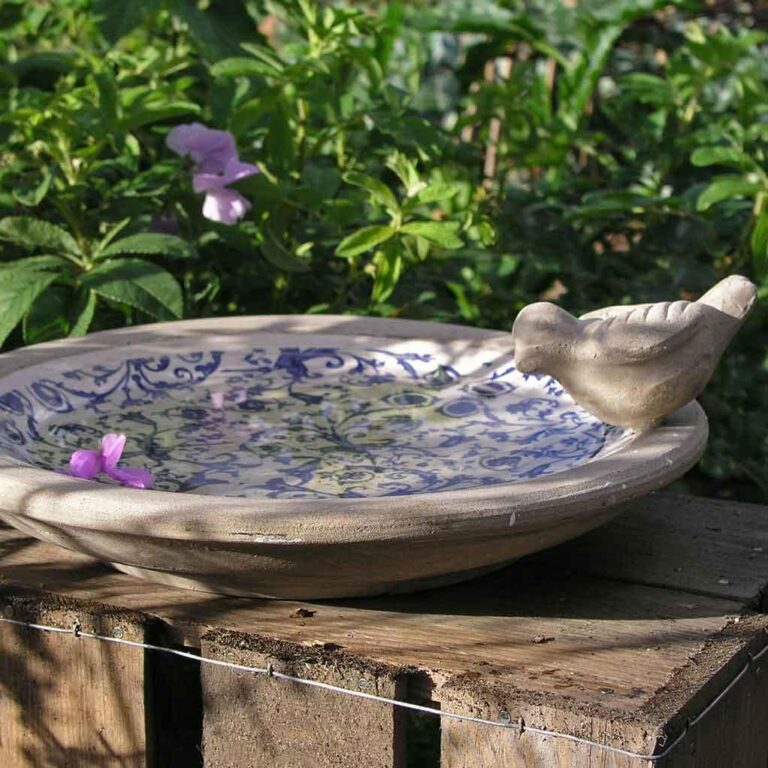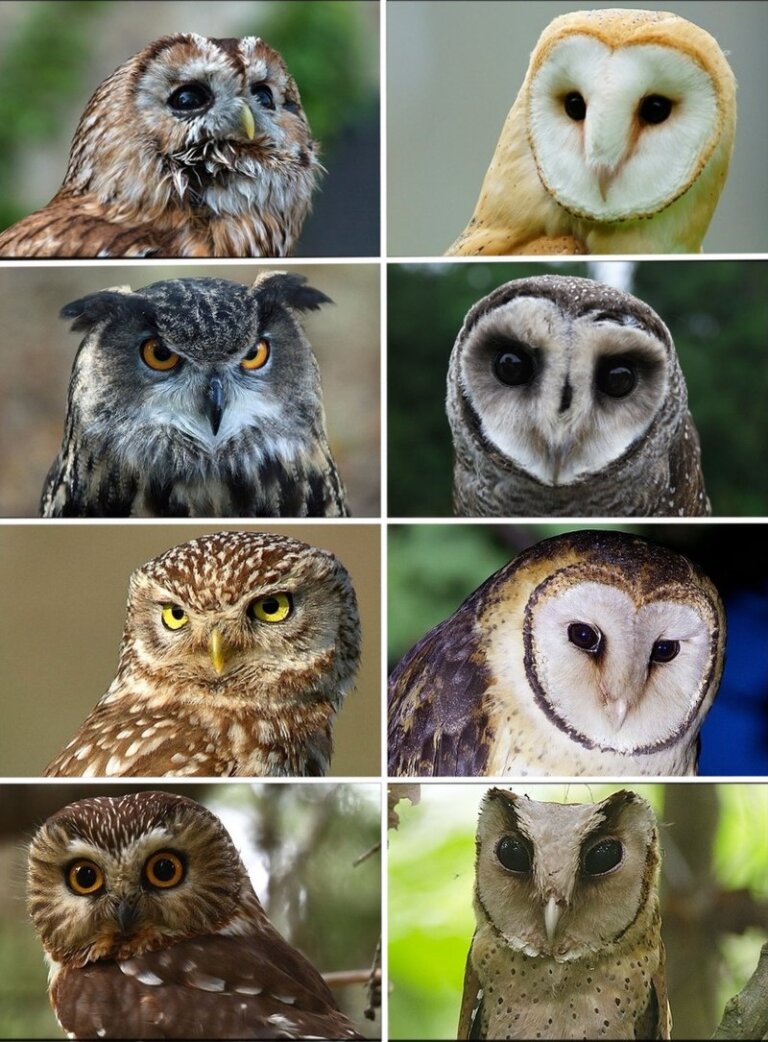The Hyacinth Macaw Life and Legacy
One of the most gorgeous and alluring birds in the entire world is the Hyacinth Macaw, commonly referred to as the Blue Macaw. People all across the world have fallen in love with the Macaws because of its magnificent blue feathers, strong beak, and wise disposition.
The Hyacinth Macaws is a fascinating bird with a fascinating history and distinctive qualities that make it exceptional, in addition to its beautiful look. We dig into the world of this amazing bird in “Wings of Brilliance: The Life and Legacy of the Macaw,” learning about its habitat, habits, and cultural significance as well as the problems it confronts in the wild and the initiatives being taken to safeguard its future.
Where to Locate Hyacinth Macaws: Their Environment and Distribution

Anodorhynchus hyacinthinus is the scientific name for the Hyacinth Macaw, which is only found in Brazil, Bolivia, and Paraguay. They live in these nations’ Amazon Basin, Pantanal, and Cerrado areas.
The Brazilian states of Mato Grosso, Mato Grosso do Sul, Goiás, and Minas Gerais are home to macaws. These may be found in the Pantanal area of Paraguay and the Beni District of Bolivia, respectively.
Savannas, grasslands, and palm groves close to water sources like rivers, marshes, and lagoons are where macaws love to live. They are also known to live in locations with sparse vegetation and forests, especially those with manduvi trees (Sterculia apetala).
The macaw is a species that is threatened by habitat degradation, poaching, and the illicit pet trade. Populations have been sharply declining in recent years. To preserve their existence, it is crucial to safeguard their natural habitats and to contribute to conservation initiatives.
The Hyacinth Macaw’s Diet: What It Consists Of and How to Feed It

Hyacinth macaws adore eating fruit that is still in its natural state, such as apples, pears, bananas, and grapes. These fruits may be given to your macaw as a treat or as a regular part of their diet because they are high in vitamins and minerals.
They rely heavily on nuts as a source of protein and fat. Almonds, walnuts, and Brazil nuts are a few excellent choices. Due to their high-fat content, nuts should only be given occasionally.
Vegetables: You may feed your macaw vegetables like carrots, sweet potatoes, and green beans as part of your diet. These veggies may keep your macaw healthy since they are high in vitamins and fiber.
Pellets: Hyacinth macaws receive a balanced diet from pellets. These are uniquely made to offer your macaw all the vital vitamins, minerals, and nutrition they require. To provide your macaw with a comprehensive and balanced diet, you can combine fresh fruits and vegetables with pellets.
They like seeds, but because they are heavy in fat, it is best to offer them sparingly. Sunflower seeds, safflower seeds, and hemp seeds are a few excellent alternatives.
To make sure your macaw receives all the nutrition it needs, it’s crucial to offer it a range of meals. Also, as these can be detrimental to their health, you should refrain from giving them meals that are heavy in fat, sugar, or salt. Additionally, Ensure that your macaw has access to fresh water at all times.
How to Effectively Raise Hyacinth Macaws: Breeding and Reproduction

The correct pair of macaws must be chosen for breeding to be successful. Seek out birds that are healthy, compatible, and exhibit interest in one another.
Food and nutrition should be right for breeding to be effective. Make sure the birds are eating a nutritious, well-balanced meal that is high in protein, vitamins, and minerals. Add pellets, fresh produce, nuts, and fruits to their diet.
Offering an Appropriate Nesting Site: Hyacinth macaws need an appropriate nesting location to effectively reproduce. To give the birds room to walk around comfortably, provide a sizable wooden nest box that is at least 4 feet long by 2 feet wide, and 3 feet deep.
The ideal environment for macaws is warm and humid. Assure that they have access to fresh air and natural light and that the temperature and humidity in their enclosure are suitable.
Monitoring and supervision are crucial to ensuring the breeding couple is in good condition and that the breeding process is going according to plan. Throughout the incubation phase, keep an eye on the couple to make sure the eggs are not harmed and the chicks are growing normally.
They are raised from hatchlings using a method called hand raising. This method is preferable because it enables you to keep a careful eye on the chicks’ feeding, behavior, and health.
Training and Socialization: Socialization and training are essential for the growth of tame, healthy Macaws. Spend time with the chicks, engage in conversation with them, and provide them with many toys to keep them occupied and amused.
Risks to the survival of hyacinth macaws in the wild and conservation initiatives
Hyacinth macaws are mostly threatened by habitat loss. The Amazon Basin and other regions of South America, which are the macaw’s native habitat, have been destroyed as a result of deforestation and agricultural development.
They are highly sought in the illicit pet trade, and their feathers and other body parts are utilized in traditional medicine and jewelry. This leads to poaching and illegal trading. These birds are already in danger because of illicit poaching that has resulted from the desire for them.
Hunting: That bird populations have decreased as a result of local tribes killing them for food and sport.
Climate Change: The macaw’s environment is being impacted by climate change, which can also affect its food supply and nesting locations.
Among the conservation efforts to safeguard macaws are:
Habitat Protection: By reforestation and the establishment of protected areas, governments, conservation groups, and local people are collaborating to save the macaw’s natural environment.
Law enforcement: Governments and conservation groups are striving to enforce laws against the illicit trade in macaws and their products as well as against poaching of these birds.
Hyacinth macaws have been bred in captivity and released back into the wild to enhance their number. Captive breeding programs have been set up to do this.
Community Involvement: To lessen reliance on hunting and other activities that harm macaws, local communities are getting involved in conservation efforts through education programs and the development of alternative income-generating activities.
Monitoring and Research: Initiatives are being done in the areas of monitoring and research to better understand the ecology and behavior of macaws, which aids in conservation efforts and decision-making.
Things to Think About Before Getting a Hyacinth Macaw as a Pet

Although hyacinth macaws are gorgeous birds, not everyone should have one as a pet. When purchasing a macaw as a pet, keep the following in mind:
Lifespan: They need ongoing dedication and care because they can live up to 60 years in captivity.
Cost: With a price tag of several thousand dollars, macaws are among the most costly parrots. The expense of providing for them, including food, toys, and veterinary care, can be substantial in addition to the initial purchase price.
Large macaws need a roomy habitat because of their size. They need a big aviary to live peacefully since they need space to spread their wings and walk about.
Noise: macaws have strong vocalizations that are audible from a great distance. Having That bird as a pet might not be the ideal idea if you live in an apartment or have nearby neighbors.
Hyacinth macaws need to be trained and socialized to avoid behavior issues like biting and feather plucking. For them to be content and healthy, their owners must give them a lot of attention and social engagement.
Legal Concerns: It could be unlawful to keep a macaw without a permit in several nations. When purchasing a macaw, make careful to research the legal requirements in your nation or state.
Experience: First-time bird owners should avoid macaws. They need expertise in caring for and understanding the behavior of parrots.
In conclusion, if the proper owner is found, macaws may make great pets, but they need a long-term commitment, a substantial financial investment, and specialized care.
How to tame and form a strong bond with That bird through training and socialization

The very clever hyacinth macaws may develop close relationships with their owners via socialization and training. Here are some pointers for training macaws and creating a close relationship with them:
Spend time with your bird: To assist your macaw to become acclimated to you, spend time with it every day. Start by calmingly conversing with your bird while seated close to the cage. You may get closer and engage with your bird more as it gets more at ease.
Hyacinth macaws react well to positive reinforcement training, so educate your bird accordingly. Start with simple instructions like “step up,” and give your bird rewards when it complies. Patience and consistency are essential for effective training.
Provide enrichment: macaws require cerebral exercise to remain wholesome and content. To keep your bird occupied, give it toys, puzzles, and other enrichment items.
Provide a range of foods since macaws require a variety of foods to keep healthy and enjoy a diversified diet in the wild. To keep the food of your bird interesting and diverse, provide a variety of fruits, vegetables, nuts, and seeds.
Hyacinth macaws are gregarious birds that require social interaction to survive, therefore socialize your pet bird. To make your bird feel more at ease and confident, spend time with it and introduce it to various people, settings, and experiences.
Be persistent and patient since it takes time to develop a relationship with a macaw. Be persistent in your socializing and training efforts, and be patient with the process.
Hyacinth macaws are clever birds with distinct personalities, so respect their boundaries. Don’t push your bird over its comfort zone or make it do anything it doesn’t want to.
Hyacinth Macaws’ Common Health Issues: Identification and Treatment

Although hyacinth macaws are mostly sturdy birds, they can nonetheless develop a variety of health problems like any other animal. These are some typical ailments that Macaws may experience, along with how to spot them and how to cure them:
Feather Picking: frequently engage in feather picking, which can be brought on by stress, boredom, or a lack of social interaction. Determine and address the underlying reason for the habit, offer lots of mental and physical stimulation, and seek veterinary advice as needed to treat feather plucking.
Psittacosis: macaws are susceptible to the bacterial infection known as psittacosis, sometimes referred to as parrot fever. Respiratory issues, fatigue, and appetite loss are symptoms. Consult a veterinarian who can prescribe medications to treat psittacosis.
They have strong beaks, which if not properly cared for, can grow out of control. Overgrown beaks can make it difficult to eat, which can result in malnutrition. Consult a veterinarian who can trim the beak or suggest appropriate beak care methods to manage beak overgrowth.
They are susceptible to the fungal infection aspergillosis. Respiratory issues, weight loss, and fatigue are symptoms. Consult a veterinarian who can prescribe antifungal drugs to treat aspergillosis.
They require vitamin A in their food to keep their skin and feathers healthy. Rough skin, feather issues, and respiratory issues are all signs of vitamin A insufficiency. See a veterinarian to address vitamin A deficiency; they may suggest vitamin A supplements or alter your bird’s diet.
They are susceptible to the viral illness proventricular dilatation disease (PDD), which damages the digestive tract. Weight loss, regurgitation, and diarrhea are symptoms. There is no cure for PDD, although supportive therapies including fluids and nutritional assistance are available. To identify and treat this illness, an avian veterinarian is required.
Hyacinth Macaw: Expert Recommendations and Best Practices
Beautiful birds called hyacinth macaws need particular care and attention to flourish. The following is some advice from specialists on how to take care of Hyacinth macaws:
Give the bird a roomy cage since they are huge birds and need lots of room to wander about. The cage has to be 6 feet tall, 3 feet deep, and at least 4 feet wide. To prevent escape or harm, the bars should not be spaced apart by more than 1 inch.
Provide a variety of food: Fresh fruits, vegetables, nuts, and seeds are all important components of a macaw’s diet. Feeding children meals that are high in fat or sugar might cause obesity and other health issues. To verify that your bird’s food satisfies its nutritional requirements, speak with a veterinarian or avian nutritionist.
They are sophisticated birds that require mental and physical activity to remain healthy and content. Provide your bird with a tonne of games, puzzles, and other enrichment items, as well as opportunities for play and exercise outside the cage.
They are gregarious birds that require social interaction to survive, therefore socialize your bird. To make your bird feel more at ease and confident, spend time with it and introduce it to various people, settings, and experiences.
Get veterinarian care: They need routine veterinary examinations to track their health and identify any problems early. Have routine appointments for your bird with a vet who has expertise in treating birds.
Conclusion: The Interesting and Valuable Role of Hyacinth Macaws.
Hyacinth macaws, in conclusion, have an intriguing and important function in both their natural settings and as pets. The world’s largest parrot species contribute significantly to the ecology in its natural habitat by dispersing seeds and fostering forest regrowth. Nonetheless, habitat degradation and poaching pose a threat to the species, making conservation efforts essential to their survival.
They are gregarious, intelligent birds that make excellent pets. They may develop close relationships with their owners. To properly care for them, however, a substantial amount of time, effort, and finances are needed. Owners can enjoy a lifelong companion and help the species’ conservation by giving these birds the proper care.
Overall, Hyacinth macaws are an extraordinary species that have drawn appreciation from people all across the world. These birds carry enormous significance and should be protected and valued whether they are found in the wild or kept as pets.







